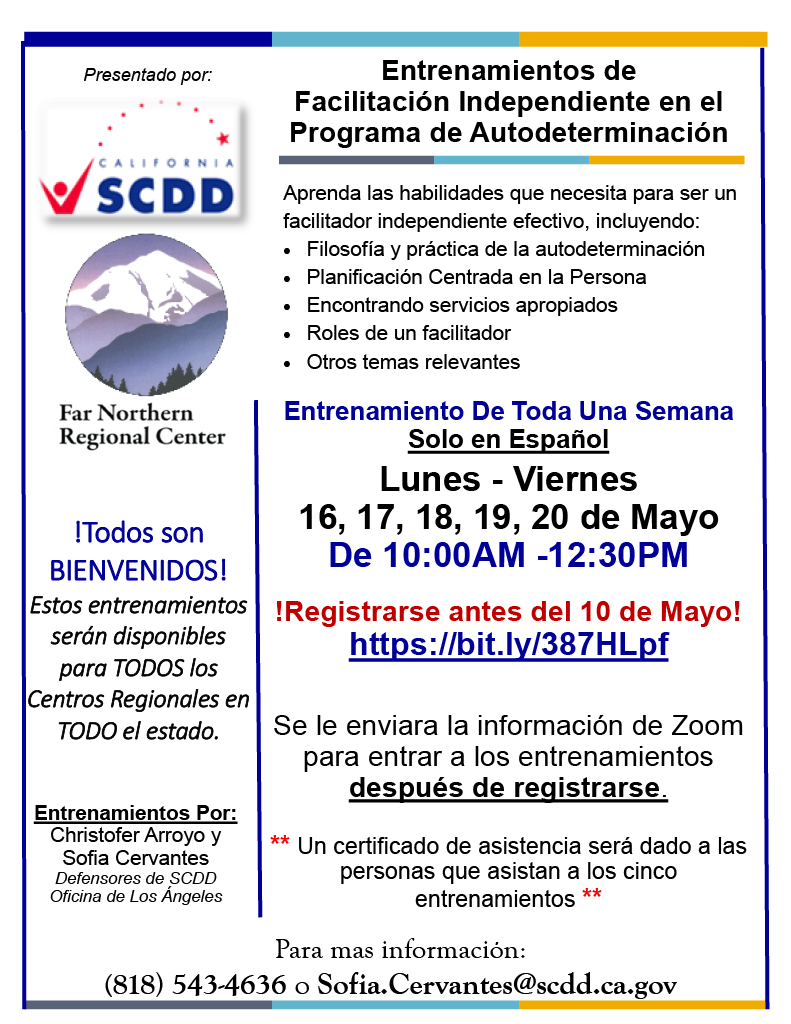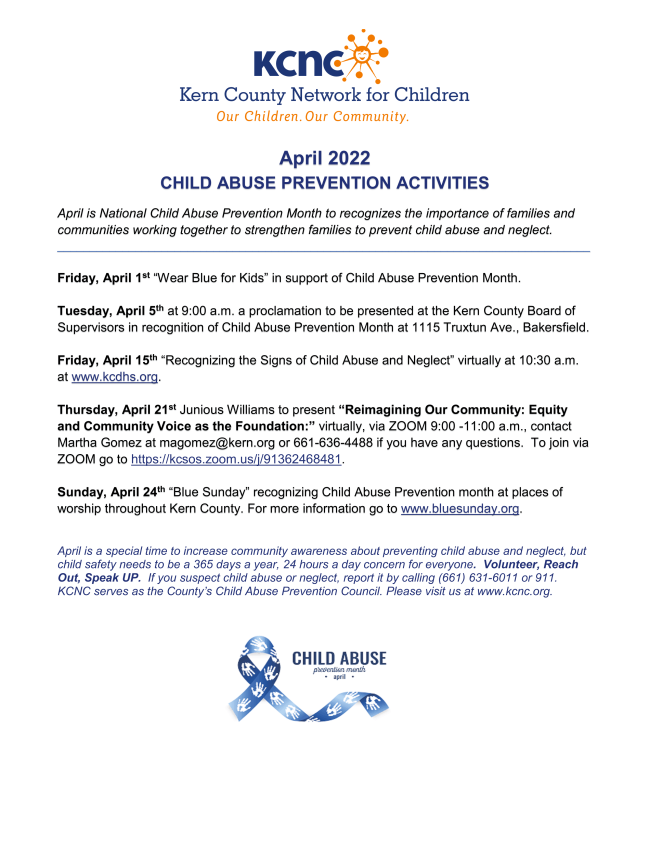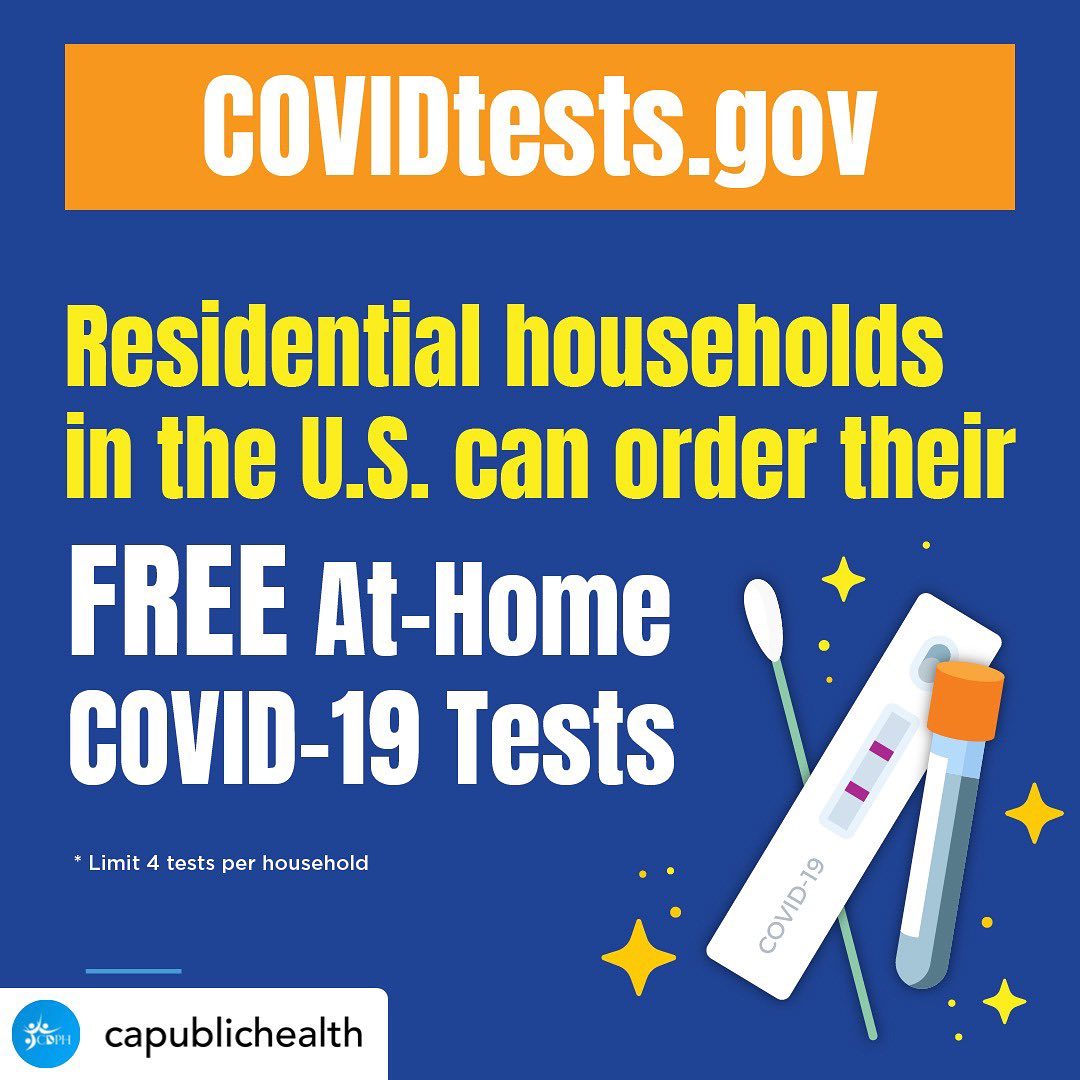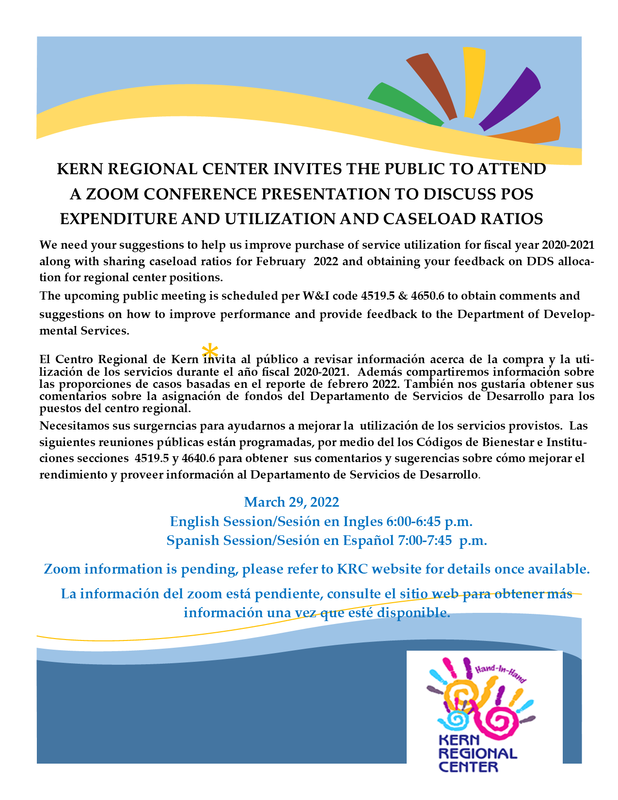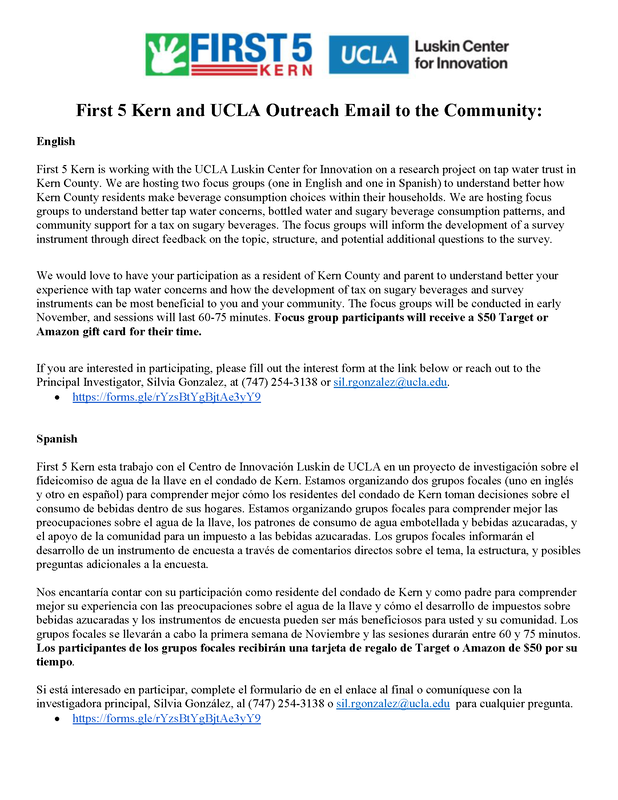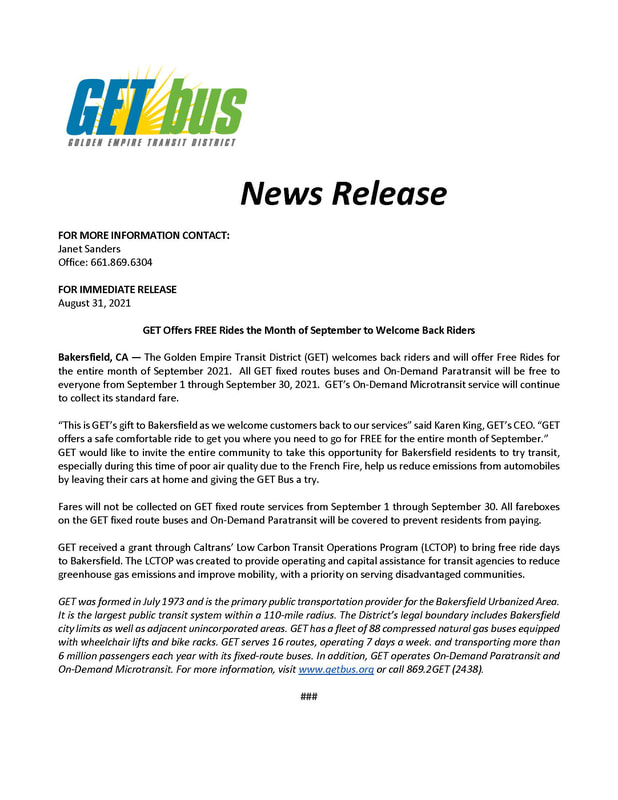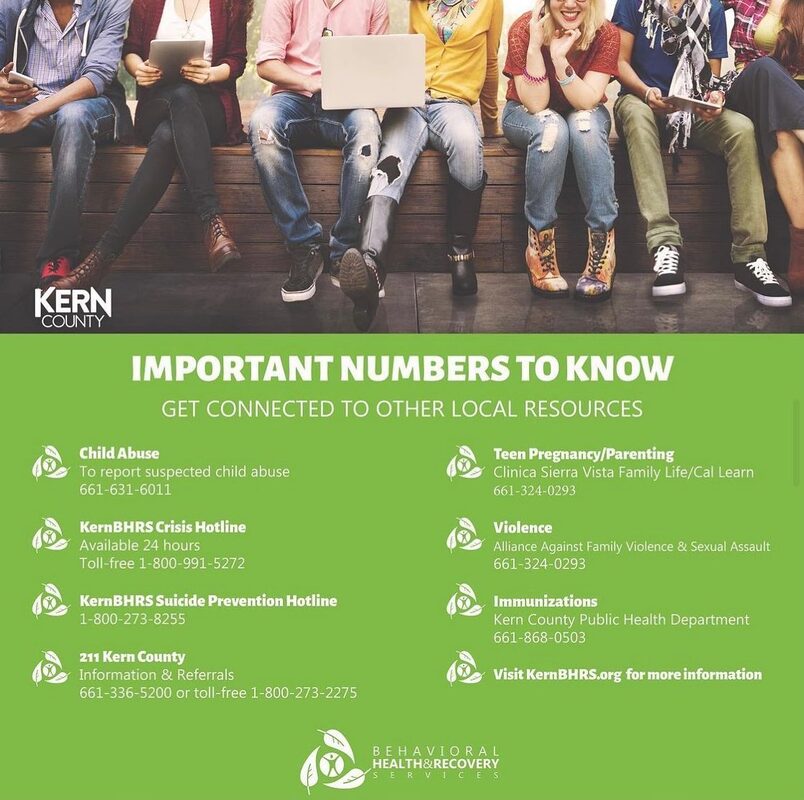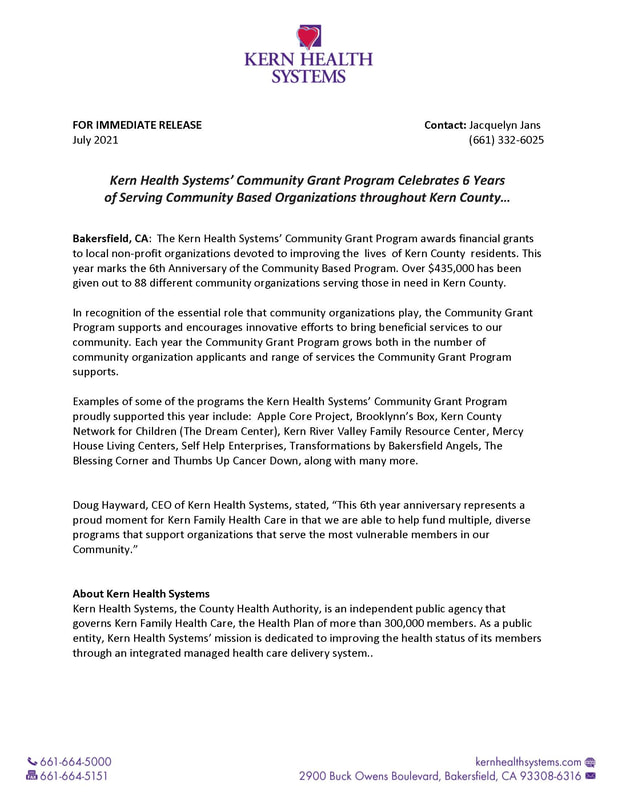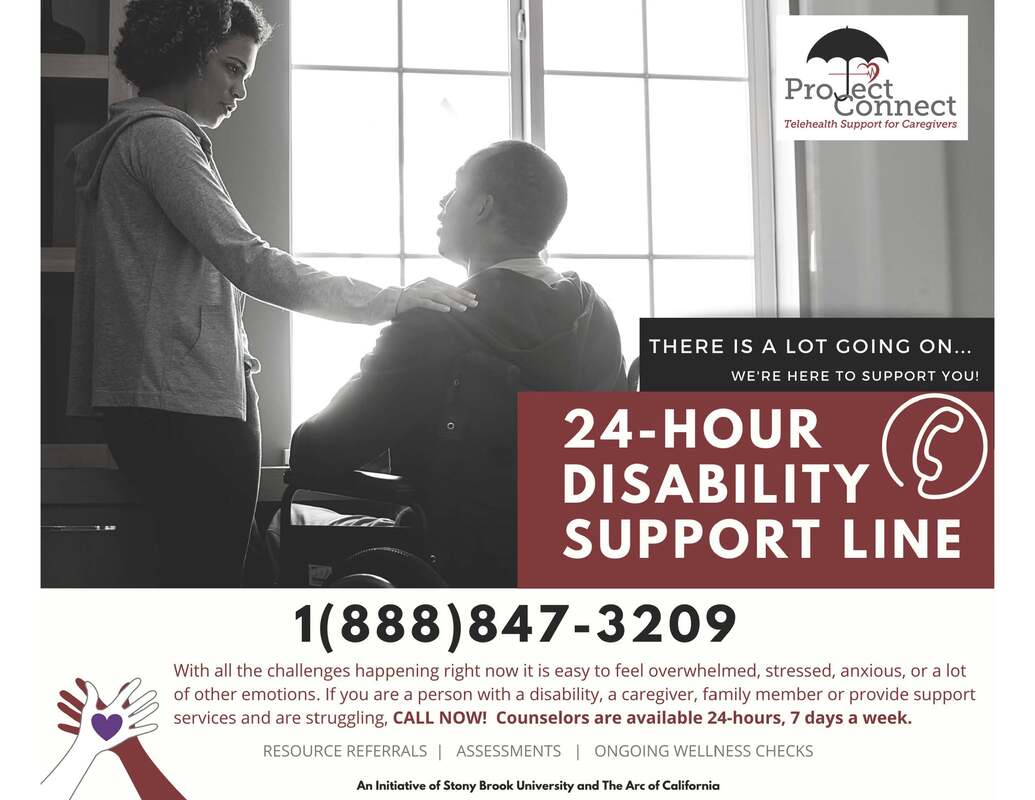Research shows that people with intellectual and developmental disabilities (IDD) experience a higher rate of mental health conditions than people without a disability. Depression and anxiety are among the most commonly reported mental health conditions for people with IDD, yet many people with IDD experience significant barriers when it comes to accessing mental health services. The National Alliance on Mental Illness has published their Mental Health Awareness Partner Guide to help support and coordinate public awareness efforts aimed at improving the mental health care system. The Partner Guide shares several ways you can engage in raising awareness about the need to strengthen the mental health system, and can be found here: https://www.nami.org/.../2022-MHM-PARTNER-Guide_FINAL.pdf
Las investigaciones muestran que las personas con discapacidades intelectuales y del desarrollo (IDD, por sus siglas en inglés) experimentan una tasa más alta de problemas de salud mental que las personas sin IDD. La depresión y la ansiedad se encuentran entre las afecciones de salud mental más comúnmente reportadas por las personas con IDD, sin embargo, muchas personas con IDD enfrentan barreras significativas cuando se trata de acceder a los servicios de salud mental. La Alianza Nacional para las Enfermedades Mentales ha publicado su Guía para Socios de Concientización sobre Salud Mental para ayudar a apoyar y coordinar los esfuerzos de concientización pública destinados a mejorar el sistema de atención de salud mental. La Guía para Socios comparte varias formas en las que puede participar en la creación de conciencia sobre la necesidad de fortalecer el sistema de salud mental y se puede encontrar aquí: https://www.nami.org/.../2022-MHM-PARTNER-Guide_FINAL.pdf
Las investigaciones muestran que las personas con discapacidades intelectuales y del desarrollo (IDD, por sus siglas en inglés) experimentan una tasa más alta de problemas de salud mental que las personas sin IDD. La depresión y la ansiedad se encuentran entre las afecciones de salud mental más comúnmente reportadas por las personas con IDD, sin embargo, muchas personas con IDD enfrentan barreras significativas cuando se trata de acceder a los servicios de salud mental. La Alianza Nacional para las Enfermedades Mentales ha publicado su Guía para Socios de Concientización sobre Salud Mental para ayudar a apoyar y coordinar los esfuerzos de concientización pública destinados a mejorar el sistema de atención de salud mental. La Guía para Socios comparte varias formas en las que puede participar en la creación de conciencia sobre la necesidad de fortalecer el sistema de salud mental y se puede encontrar aquí: https://www.nami.org/.../2022-MHM-PARTNER-Guide_FINAL.pdf
Kern Regional Center invites you to join the bi-annual community behavior training hosted by Kern Regional Center's Behavior Intervention Services and Support Team to register use the link below.
English: https://zoom.us/meeting/register/tJEocOCgrzstHtfRnS0rrYHsuUqQJdhPmkA3?fbclid=IwAR2x3GSV-6Kyqtuw-M95GiqWlQCsC0sqwVVoRKeBZTInrw8NnFg2-Bj0bZI
El Centro Regional de Kern le invita a participar en los entrenamientos comunitarios bianuales sobre el comportamiento. Sera organizado por el equipo de Intervención del comportamiento y apoyos del Centro Regional. Para registrarse utilice el link a continuación:
Spanish: https://zoom.us/meeting/register/tJ0oduqgqD0tGtDPDHxM72yqHE61u1xNkJsC?fbclid=IwAR1vDw9yVFSABK70BztlYP8_fyp8iNqbjothkJdhSBLcRRy6wg7ViM6VzY0
Are there things you wish you knew when you first learned about regional centers or Early Start? DDS wants to hear from you!
Just click on your language below and take a short 7 question survey!!
• English (https://www.surveymonkey.com/r/5FPQYQV)
• Spanish (https://www.surveymonkey.com/r/9MMWVHC)
Hay cosas que le hubiera gustado saber cuándo recién aprendió por primera vez sobre los centros regionales o Early Start? ¡DDS quiere saber su opinión!
¡Simplemente haga clic en su idioma a continuación y realice una breve encuesta de 7 preguntas!
• Inglés (https://www.surveymonkey.com/r/5FPQYQV)
• Español (https://www.surveymonkey.com/r/9MMWVHC)
Just click on your language below and take a short 7 question survey!!
• English (https://www.surveymonkey.com/r/5FPQYQV)
• Spanish (https://www.surveymonkey.com/r/9MMWVHC)
Hay cosas que le hubiera gustado saber cuándo recién aprendió por primera vez sobre los centros regionales o Early Start? ¡DDS quiere saber su opinión!
¡Simplemente haga clic en su idioma a continuación y realice una breve encuesta de 7 preguntas!
• Inglés (https://www.surveymonkey.com/r/5FPQYQV)
• Español (https://www.surveymonkey.com/r/9MMWVHC)
September is here and it's a chance to celebrate BOTH Suicide Prevention Month and Recovery Month. Every day, someone we know is healing from trauma and overcoming addiction. Let’s celebrate them all month long and come together to listen, raise awareness & end the stigma.
This is the calendar of events that Kern Behavioral Health & Recovery Services will have this month.
El mes de septiembre es una oportunidad para celebrar el Mes de la Prevención del Suicidio como el Mes de la Recuperación. Cada día, alguien que conocemos está sanando algún trauma y/o superando una adicción. Acompañemos a Kern Behavioral Health & Recovery Services y celebramos con ellos todo el mes y nos reunámonos para escuchar, concienciar y acabar con el estigma.
Vea aquí el calendario de eventos.
This is the calendar of events that Kern Behavioral Health & Recovery Services will have this month.
El mes de septiembre es una oportunidad para celebrar el Mes de la Prevención del Suicidio como el Mes de la Recuperación. Cada día, alguien que conocemos está sanando algún trauma y/o superando una adicción. Acompañemos a Kern Behavioral Health & Recovery Services y celebramos con ellos todo el mes y nos reunámonos para escuchar, concienciar y acabar con el estigma.
Vea aquí el calendario de eventos.
Here are a few numbers to put in your contacts! It’s important to have these resources on hand if you or a loved one may ever need them. Do not forget to share with your family and friends.
Aqui les compartimos numeros importantes que les recomendamos tener al alcance, no se olviden de compartir con familiares y amigos.
CREDITS TO THE IMAGE: Kern Behavioral Health and Recovery Services
Aqui les compartimos numeros importantes que les recomendamos tener al alcance, no se olviden de compartir con familiares y amigos.
CREDITS TO THE IMAGE: Kern Behavioral Health and Recovery Services
Exceptional Family Center is proud to have been the recipient of the Community Grant Program which has allowed for many of our families to attend our Annual Developmental Disabilities Conference, Congratulations on such great accomplishment!!
24-Hour Disability Support Line Now Open
The Arc of California and the Stony Brook University School of Social Welfare have teamed up to launch a helpline for individuals with disabilities as well as their families, care professionals, and other members of their support team. Project Connect was launched just before Thanksgiving and is staffed by graduate students at the school who are supervised by licensed social workers. The graduate students are able to offer a wide range of support services including counseling, wellness checks, depression screening, and referral to community services.
The helpline is available nationwide and is free and available anytime of day. The helpline was created to help those with developmental disabilities and the people who care for them to cope during the COVID-10 pandemic.
As the holidays approach, Project Connect hopes to make mental health support more accessible for anyone who needs assistance. Research has found that the impact of COVID-19 has been more profound on individuals with developmental disabilities than nearly anyone else, with many losing access to caregivers, support services, and schooling. Caregivers say people in the disability community are experiencing isolation, anxiety, and other hardships as a result of the pandemic.
The Arc of California’s website explains that mental health is important, and “whether you are just feeling a little down and need someone to talk to, or you feel that you need on-going support Project Connect is here for you.”
To utilize Project Connect, head to www.thearcca.org/project-connect or call the hotline at 1-(800)-847-3209.
The Arc of California and the Stony Brook University School of Social Welfare have teamed up to launch a helpline for individuals with disabilities as well as their families, care professionals, and other members of their support team. Project Connect was launched just before Thanksgiving and is staffed by graduate students at the school who are supervised by licensed social workers. The graduate students are able to offer a wide range of support services including counseling, wellness checks, depression screening, and referral to community services.
The helpline is available nationwide and is free and available anytime of day. The helpline was created to help those with developmental disabilities and the people who care for them to cope during the COVID-10 pandemic.
As the holidays approach, Project Connect hopes to make mental health support more accessible for anyone who needs assistance. Research has found that the impact of COVID-19 has been more profound on individuals with developmental disabilities than nearly anyone else, with many losing access to caregivers, support services, and schooling. Caregivers say people in the disability community are experiencing isolation, anxiety, and other hardships as a result of the pandemic.
The Arc of California’s website explains that mental health is important, and “whether you are just feeling a little down and need someone to talk to, or you feel that you need on-going support Project Connect is here for you.”
To utilize Project Connect, head to www.thearcca.org/project-connect or call the hotline at 1-(800)-847-3209.
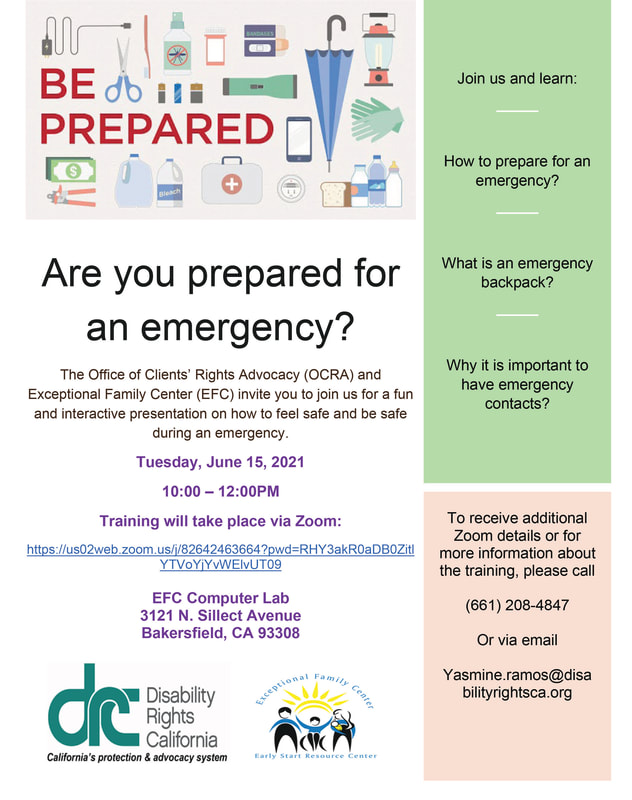
Exceptional Family Center will be hosting OCRA for an interactive and engaging activity on June 15th starting at 10:00am to 12:00pm, it will be in English. The activity is Emergency Preparedness and will touch upon how to be safe during an emergency, having a plan etc.
Please feel free to share this event with your family and friends!! Training will take place via Zoom.
https://us02web.zoom.us/j/82642463664?pwd=RHY3akR0aDB0ZitlYTVoYjYvWElvUT09
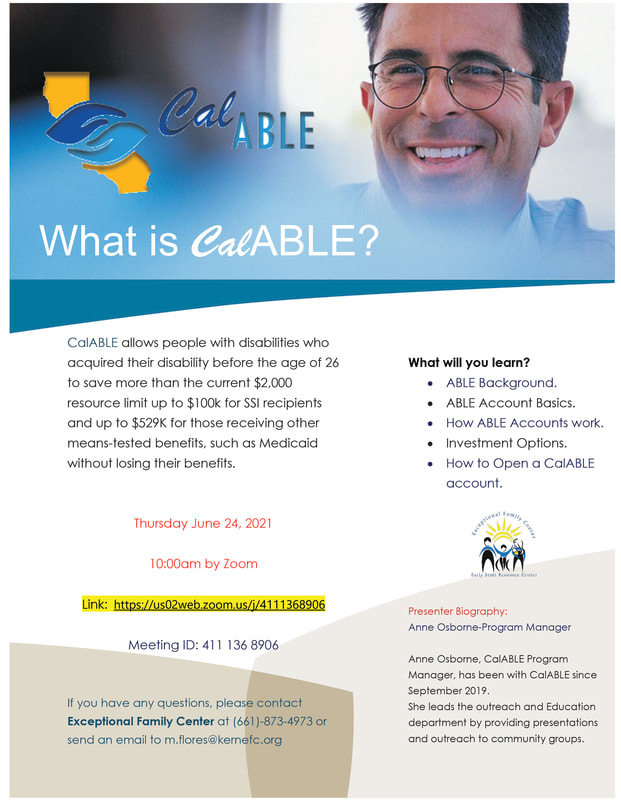
Exceptional Family Center in collaboration with the program director of CalABLE is organizing a very important presentation on CalABLE. If you are not familiar with CalABLE please attend this presentation for more information.
What is CalABLE? It is an investment and savings account available to people with developmental disabilities. ABLE accounts allow users to save and invest money without losing public benefits like Medicaid and supplemental social security.
When: June 24, 2021 at 10:00am on Zoom (https://us02web.zoom.us/j/4111368906)
Meeting ID: 411 136 8906
Any questions. Please contact us at 661-873-4973 or by email at [email protected]
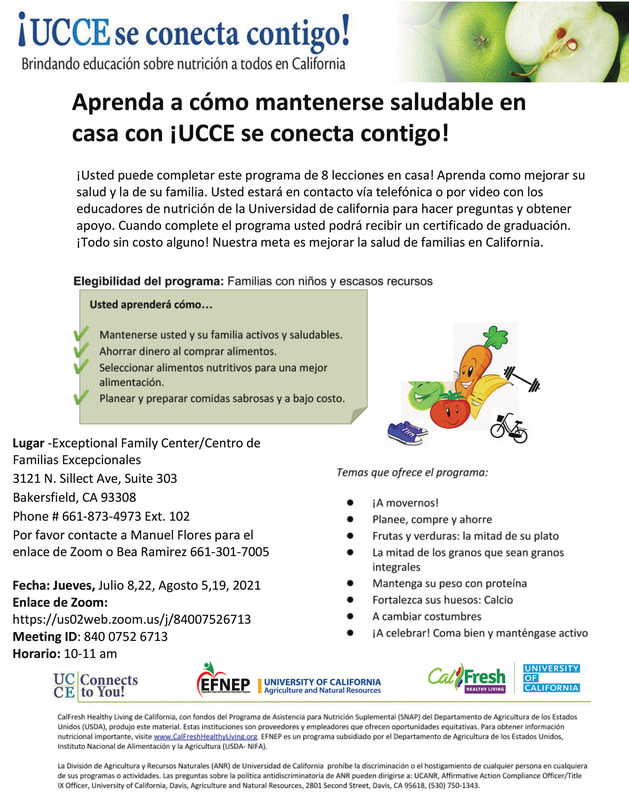
Aprenda a como mantenerse saludable en casa con UCCE se conecta contigo. Le invitamos a formar parte de este programa que estará dividido en 4 clases, comenzando el 8 de julio, 22 julio, y agosto 5 y 19,2021. Para este programa es necesario que usted se registre, también al finalizar se le otorgara un certificado de graduación, y lo mejor de todo es que este programa es totalmente gratuito.
Encuentre más información en el folleto.
Fechas: Jueves, Julio 8,22, Agosto 5,19, 2021
Regístrese aquí:
https://us02web.zoom.us/j/84007526713
Meeting ID: 840 0752 6713
Horario: 10-11 am
No olvide compartir!!
. Supplemental Security Income Recipients Will Receive Automatic COVID-19 Economic Impact Payments
Washington, D.C. – Thanks to the advocacy of people with disabilities and their families and friends, the Treasury Department announced today that it would automatically issue Recovery Rebate payments to people with disabilities who receive Supplemental Security Income (SSI) via the method by which they usually receive their SSI benefits. This change ensures that people with disabilities on SSI will automatically receive the Recovery Rebate payments authorized by the Coronavirus Aid, Relief, and Economic Security (CARES) Act. This money will help millions of the lowest income people with disabilities deal with the economic strain of the COVID-19 pandemic. Treasury anticipates these automatic payments no later than early May.
This means that SSI recipients with no qualifying children do not need to take any action in order to receive their $1,200 economic impact payment. The payments will be automatic.
SSI Recipients with Dependent Children Should Still Go To IRS.gov to Provide Your Information:
If you are on SSI and do have qualifying children under age 17, however, you should not wait for your automatic $1,200 individual payment. You should go to the IRS’s webpage at www.irs.gov/coronavirus/non-filers-enter-payment-info-here and visit the Non-Filers: Enter Your Payment Info section to provide their information. By entering information on the IRS website about yourself and your qualifying children, you will also receive the $500 per dependent child payment in addition to you $1,200 individual payment.
Unfortunately, there still exists an inequity for people with SSI who are claimed as dependents. If you are claimed as a dependent then you are ineligible for the $1200 stimulus payment, AND parents who claim adult children as dependents are ineligible for the $500 stimulus per child.
If you are not able to afford internet service at home you may qualify for low income internet service.
Washington, D.C. – Thanks to the advocacy of people with disabilities and their families and friends, the Treasury Department announced today that it would automatically issue Recovery Rebate payments to people with disabilities who receive Supplemental Security Income (SSI) via the method by which they usually receive their SSI benefits. This change ensures that people with disabilities on SSI will automatically receive the Recovery Rebate payments authorized by the Coronavirus Aid, Relief, and Economic Security (CARES) Act. This money will help millions of the lowest income people with disabilities deal with the economic strain of the COVID-19 pandemic. Treasury anticipates these automatic payments no later than early May.
This means that SSI recipients with no qualifying children do not need to take any action in order to receive their $1,200 economic impact payment. The payments will be automatic.
SSI Recipients with Dependent Children Should Still Go To IRS.gov to Provide Your Information:
If you are on SSI and do have qualifying children under age 17, however, you should not wait for your automatic $1,200 individual payment. You should go to the IRS’s webpage at www.irs.gov/coronavirus/non-filers-enter-payment-info-here and visit the Non-Filers: Enter Your Payment Info section to provide their information. By entering information on the IRS website about yourself and your qualifying children, you will also receive the $500 per dependent child payment in addition to you $1,200 individual payment.
Unfortunately, there still exists an inequity for people with SSI who are claimed as dependents. If you are claimed as a dependent then you are ineligible for the $1200 stimulus payment, AND parents who claim adult children as dependents are ineligible for the $500 stimulus per child.
If you are not able to afford internet service at home you may qualify for low income internet service.
